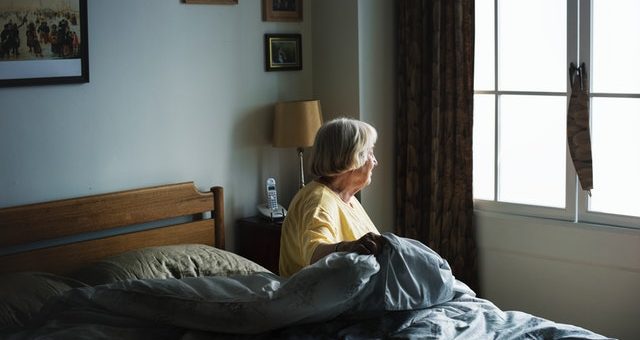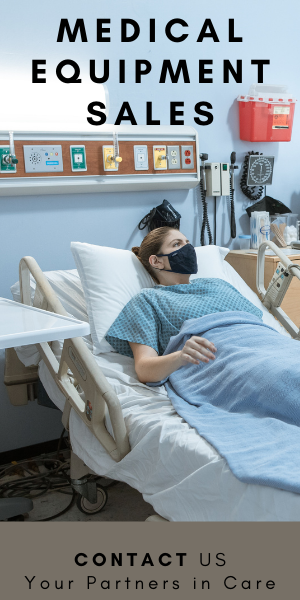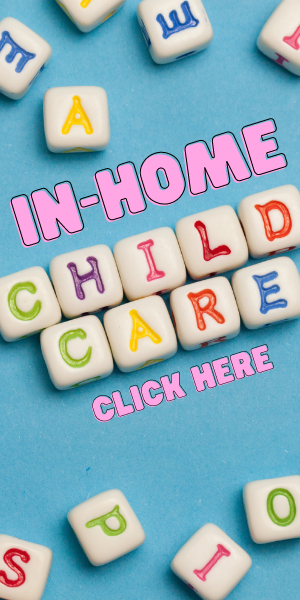
As the years go by, more and more people are getting older which means our aged care facilities are evolving with time. As this sector gains more people it can be hard to meet the expectations of each service. When these are not met, consumers let the aged care facilities know. Here are the most popular complaints that were made from a survey completed by Aged Care Complaints commissioner:
Medication

Medication is a big part of aged care facilities. It can, however, cause severe complications and even death if the medication is given incorrectly. 85% of the elderly in aged care facilities are on more than 5 different medications. There is even some elderly who are known to be taking 20 or so more medications a day. The more medication the elderly is taking means there is a higher risk of adverse reactions. Safe medication administration seems to be an ongoing issue in aged care facilities.
Falls prevention and management
Falls are a common cause of the elderly that are living in aged care. Although the majority of the time they are accidents, aged care workers need to take extra care and caution surrounding elderly patients who are prone to falling. It is highly recommended that nurses take part in a falls prevention training class, these training classes will ensure aged care workers are equipped with the correct skills when dealing with these situations and of course to help prevent them.
There were many deaths between the years 2000 and 2013. Nearly all of them could have been prevented if there was better fall prevention training in place. Falls are common in the elderly however they are not known as a natural part of aging, so if the correct precautions are taken into consideration the falls can be easily prevented.
Oral and personal hygiene
Oral hygiene and bathing can be challenging within the aged care industry. When these tasks are not done properly it can lead to problems and discomfort, and not to mention medical problems. A common complaint from residents and their families is the fact that they don’t believe hygiene is done often enough and thoroughly enough. This can be due to the fact the staff are not trained properly or are rushed for time.
Communication and consultation
When a family takes the step to put their loved one in a nursing home, they have expectations of their loved one being cared for as if they were the own family of the nursing staff. Communication and consultations are shortcomings in many different aged care services, and it seems residents and their families are being excluded from decisions and are not informed about changes to the care their family is receiving.
Continence management
There are over 4.8 million elderly aged Australians that are affected by constipation and incontinence. Constipation is a very common complaint within the elderly. While the elderly are prone to have these problems, it is not a part of ageing and there may be several different reasons as to why the elderly are suffering incontinence and constipation with the main being not eating and drinking enough. Medications are next in line to cause constipation most common are medications for depression and pain relief.
It is the duty of the aged care facility to ensure that the elderly receive the best care they need. If the sector is moving away from the complaints due to feeling the family and elderly are overreacting and being problematic it can cause further problems. If aged care services can improve their processes and procedures, then the residents will often be more comfortable, families will be happier, and your organisation will thrive with less health problems being seen. Families of the elderly resident need to continue putting in feedback even if they feel it is getting nowhere then it may be time to take the action further to ensure someone listens.








